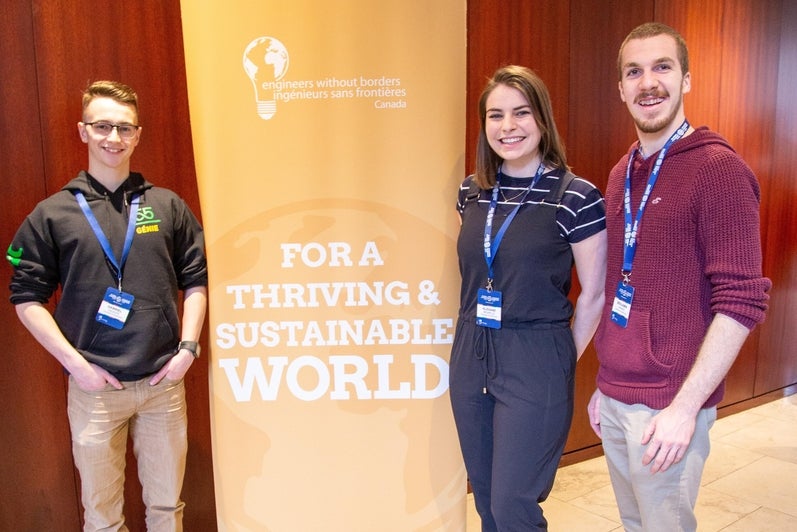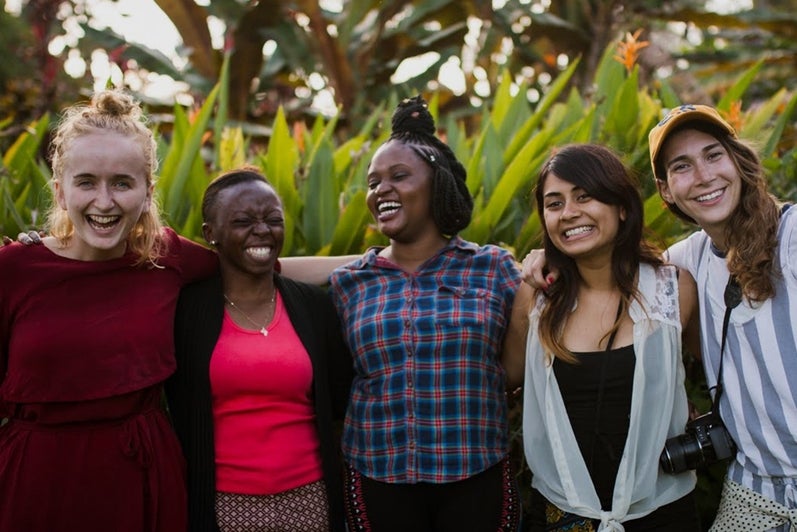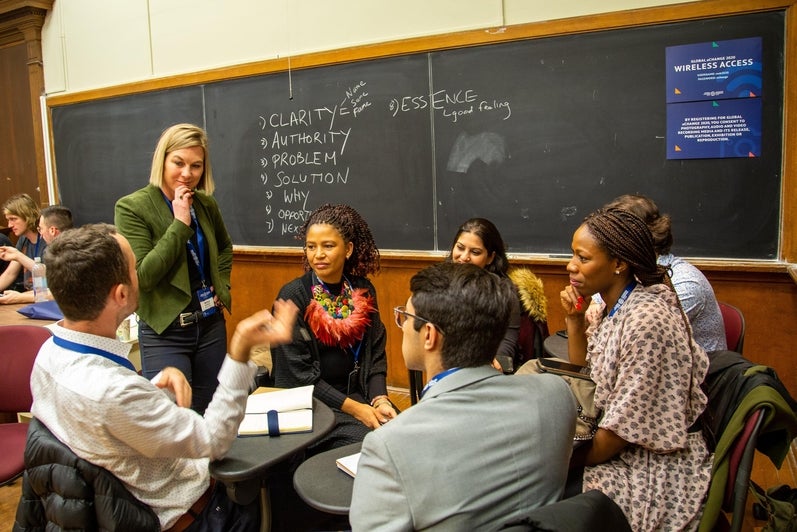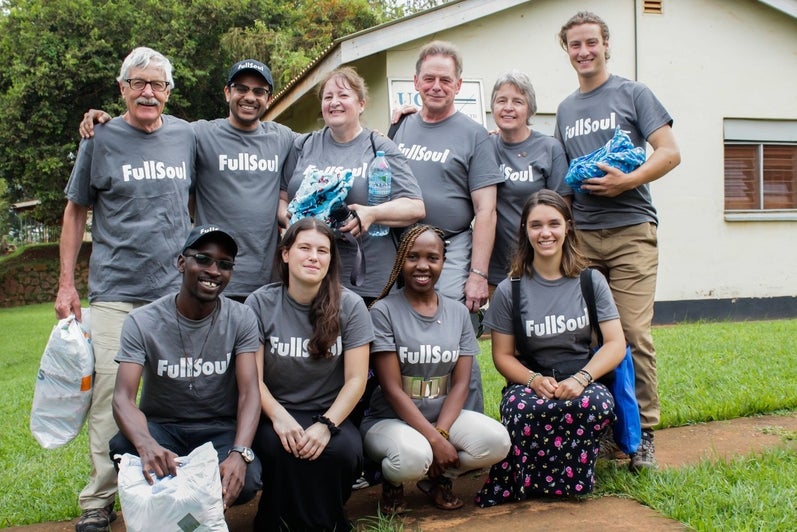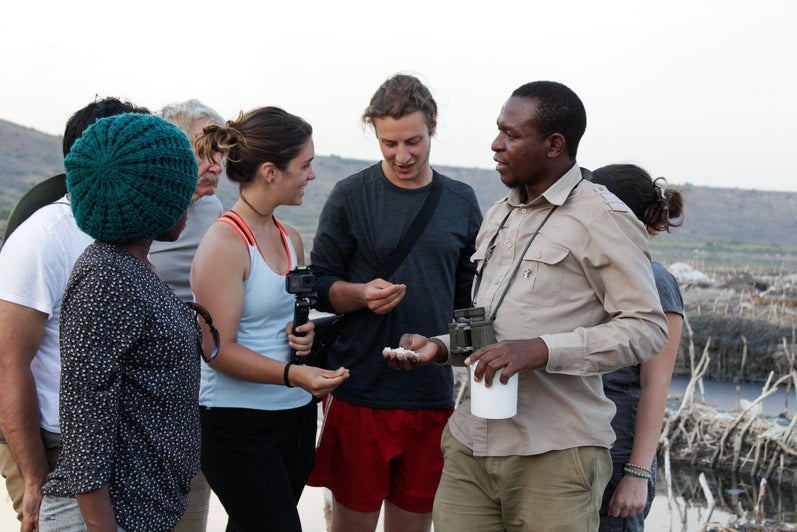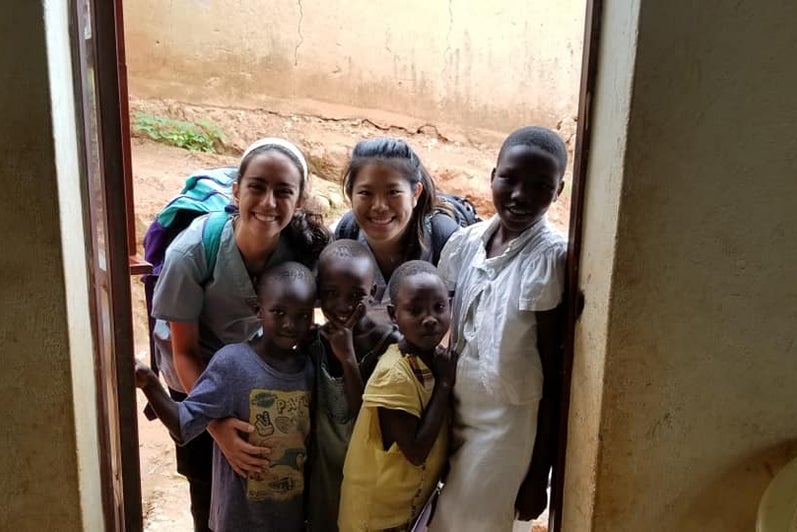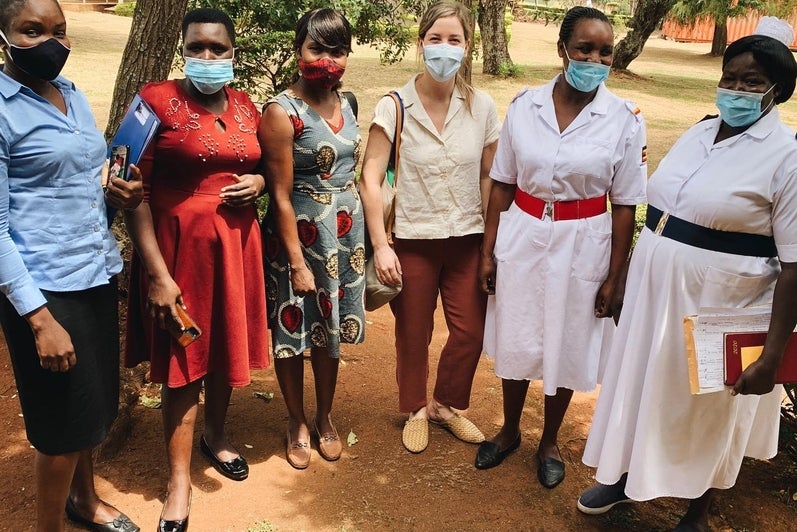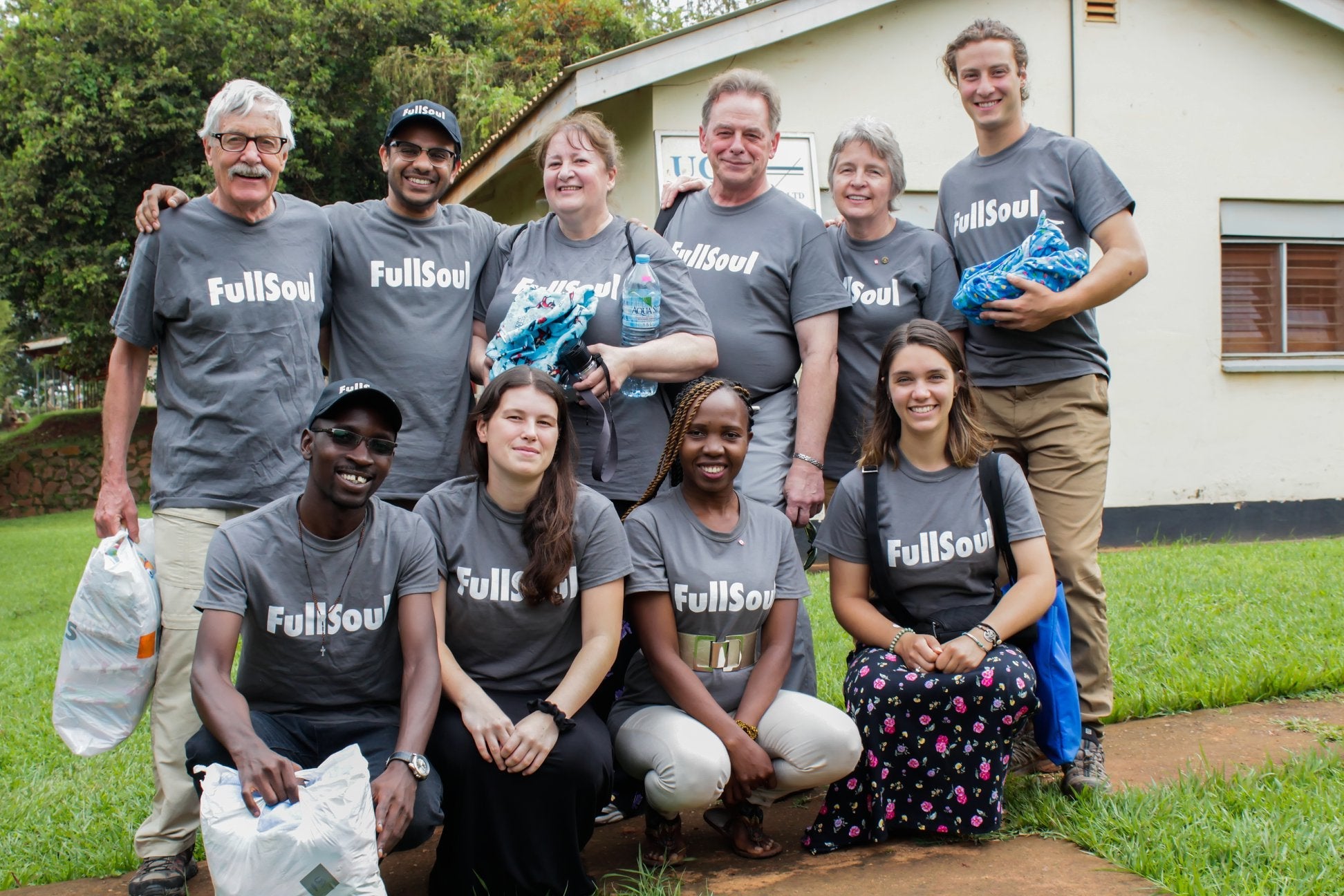Early talent at the helm of international development
By: Krista Henry
As the world faces the on-going impacts of the COVID-19 pandemic, up to 150 million people will
be pushed further into poverty this year. With lockdown measures and border restrictions, non-profits
have adapted to offer support remotely and need the skills of digitally-savvy emerging talent to assist.
Non-profit organizations are answering the call for support in global communities with help from co-op students who are tackling international development projects.
Co-op students allow us to build stronger programming because they provide insight that is otherwise quite difficult to gain.
The organization works with Canadian stakeholders to provide support to those living in poverty throughout Africa.
With an EWB chapter at the University of Waterloo, the organization utilizes emerging talent to support and build their programs and talent pipeline. Waterloo students have worked in roles such as community integration and project management, partnerships coordinator, programs coordinator, branding associate, business analyst and junior mobile developer.
In these roles, students assist African ventures that are newly formed or expanding their services. These ventures often do not have the resources available to hire a full team to help them build stronger infrastructures.
International development needs many skills
According to Patel, while in the field work is important, the industry needs many skills. “What’s so interesting to show students is that international development work isn’t just going into the field,” Patel says. “We need accountants, website development, operations lead and many others in the backend running the organization.”
Co-op students can run development projects effectively says non-profit organization, FullSoul. Helmed by Waterloo alum Christina Hassan (MPH '16), FullSoul equips hospitals in Uganda with medical supplies. They aim to protect the health and safety of mothers, babies and medical practitioners during childbirth.
“FullSoul and co-op students at Waterloo go hand-in-hand,” says Hassan. “I was a co-op student when I first went to Uganda which inspired me to start this organization. We’re building the next generation of people, whether they work in countries like Uganda or continue to work in Canada. This kind of work is an experience that sticks with and molds you.”
Students from all Faculties are hired for roles such as: project manager, international consultant public health, training, planning and evaluation, international consultant field engineering and international consultant problem finder.
Early talent brings diversity of thought
Hassan sees co-op students' problem solving on the ground in Uganda, which highlights their incredible capabilities. “We have local volunteers who are our main point of contact, our cultural ambassadors. But it is the co-op students that really run the program,” she says.
They are the project managers and sometimes their entire term is just focused on defining a problem. So many FullSoul projects have been created by co-op students. We love having diversity in thought because that’s really where ideas come from.
With COVID-19 travel restrictions FullSoul and EWB have relied heavily on local staff to assist, keeping co-op students grounded but still useful. According to Hassan without co-op students, FullSoul would not be able to exist.
“The world needs humanitarian focused non-profits now more than ever to help bring us back to a kinder world. We all need to get out of our shells and share our light with the world, having a co-op student adding to that light can only make it brighter,” she says.
University of Waterloo co-op students have the self-management, communication and collaboration skills needed to flourish when it comes to working internationally or locally.
